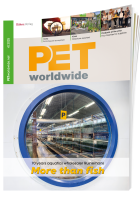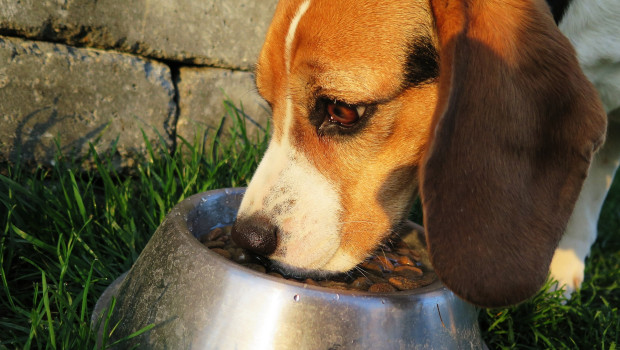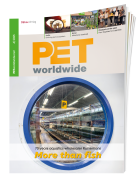Dry pet food based on kibble is responsible for seven times fewer carbon emissions compared with wet food or fresh home-made food. Animal proteins such as beef and chicken are among the ingredients that create the highest carbon emissions, according to a report in the British scientific journal Nature, which refers to the results of a new study.
The study is based on an analysis of over 900 types of dog and cat food. To assess the environmental impact of the different food types, a combination of the average calorie consumption per day and the emissions of the ingredients was quantified.
The BBC also reported on the study and asserted: “As carnivores, dog and cat diets often always contain animal proteins in combination with a variety of vegetables to maintain a healthy, nutritionally-balanced diet.” According to Dr Guy Sandelowsky, a leading veterinarian and co-founder of the UK company Omni, which produces plant-based dog food, this statement is incorrect. He says there is no evidence that dogs need animal protein for a healthy and balanced diet.
“It’s time that the mainstream media understood that a plant-based diet is a realistic option that should be considered – particularly if it’s a question of sourcing more ecologically sustainable food options for dogs,” adds Sandelowsky, summarising his criticism of the BBC article.

 Menü
Menü










 Print - digital - online
Print - digital - online








